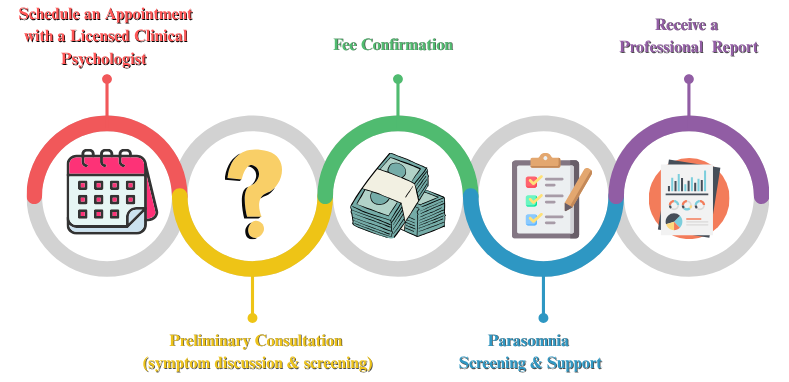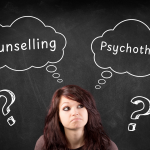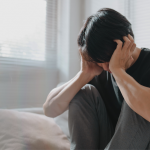13-9, 2 Rio Tower, Persiaran Rio, Bandar Puteri, 47100 Puchong, Selangor, Malaysia.
Parasomnias Disorder
Understanding and Managing Unusual Sleep Behaviours
Parasomnias involve unusual behaviours or experiences that occur during sleep or while transitioning between sleep and
wakefulness. These events — such as sleepwalking, acting out dreams, or night terrors — may be partially or completely unremembered, and can sometimes pose safety concerns. They are shaped by a mix of individual and biological factors and can occur at any age.
At Skybi, we provide initial screening and personalised strategies as part of the management of sleep disorder, helping you recognise patterns, reduce risks, and improve overall rest quality. While some situations may require further testing in a hospital sleep clinic, our team can help you start the process and guide you toward the right support.
What is Parasomnia?
Symptoms of Parasomnias Disorder
The person may sit up, walk around, or perform routine tasks in a deep sleep state, usually with no memory of the event.
Sudden intense fear, screaming, or thrashing during sleep, with little or no memory upon waking.
Speech during sleep ranging from mumbling to loud shouting, often occurring between sleep stages.
Physical movements such as punching, kicking, or grabbing during vivid dreams due to loss of normal muscle paralysis in REM sleep.
Uncontrolled noises or movements, often linked to emotionally charged dreams, possibly indicating a deeper REM-related parasomnia.
How Might It Affect Your Daily Life?
Parasomnias can affect both the individual and those around them:
- Disturbing Household Members — Noise or movements that wake others.
- Overnight Anxiety — Worry about staying overnight in unfamiliar places.
- Interruptions — Sleep disrupted multiple times per night.
- Safety Adjustments — Modifying the sleep environment to prevent harm.
🙉
Disturbing
✂️
Safety Adjust
Tossing and turning at night, unable to settle
🚷
Overnight Anxiety
🔁
Interruptions
😴
Night Times
Next Steps When Symptoms Are Present
Strange behaviours during sleep — such as confusion, movement, or emotional outbursts — can leave individuals and families unsure of what’s happening. These experiences often occur beyond conscious awareness and deserve gentle, expert attention.
At Skybi, our mental health professionals can help you explore possible parasomnia symptoms through in-depth conversations and recognised screening tools. While a formal diagnosis may require hospital-based evaluation, we can help you:
- Identify possible parasomnia symptoms and triggers
- Understand their impact on your sleep and safety
- Develop a personalised plan for the management of sleep disorder
- Provide referrals to specialised sleep clinics if needed
Here’s How You can Start?

Note: If a formal diagnosis is required, your clinical psychologist may refer you to a hospital sleep clinic for further testing.
💬 Still unsure if you should get screened?
Contact us at Skybi and let our team help you take the first step toward better clarity and support.
🔗 Learn more :
You can also explore our pages on Insomnia, Narcolepsy and Breathing-related sleep disorders to see other ways we support the management of sleep disorder.




